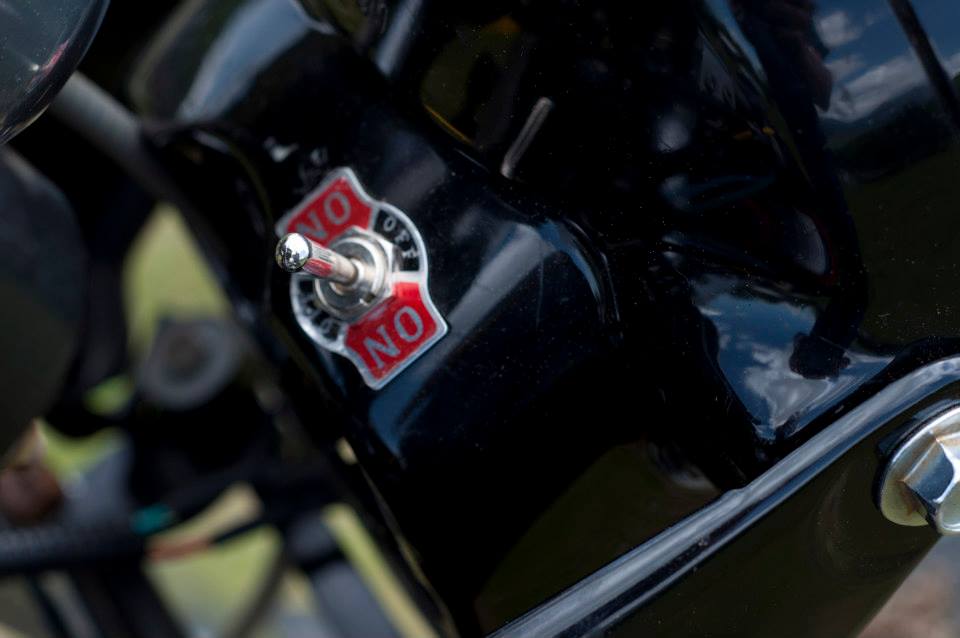We’ve said all along we have to reflect the needs and interests of the community. One thread that keeps coming up is BioTech, and, to be honest, it’s a field we don’t know a whole lot about. Almost every meeting and event we have at some points rolls around to the question, “Are you considering BioTech?” So we’re trying to get a little smarter on the subject.
There are two groups in the Boston area that we’ve reached out to – one is based out of MIT and appears to be a student-run club, called MIT DIYbio. Learn more about them here. Another group in Boston seems to be a little more on the typical makerspace model, called BosLab. See more about that here. These two come from a list on Makezine: Find a Biohacking Makerspace Near You , which is a great resource for anyone anywhere trying to find one of these things in their neighborhood.
One of the first BioTech hackspaces was Genspace in Brooklyn, NY, and they have a great video that really gets to the heart of what they’re actually doing and how it works. Here’s that:
There are several articles online, but probably the most useful story we’ve found is on The Economist: Biohackers of the World, Unite. Watch the video, then read that story… you’ll get a good taste of what it’s all about, in general, but also in specific detail. For example:
“Our goal is not only to advance biology, but democratise it,” explains Ellen Jorgensen, president of Genspace. Founded in 2010, the community laboratory in Brooklyn is the model for the two dozen others that have since opened around the world. Genspace hosts all sorts of events, including “biohacker boot camps”, as well as projects such as “barcoding” in Alaska, an attempt to catalogue plants.
More about the tooling…
If 3D printers are the tool of choice for makers, PCR machines are de rigueur in amateur labs. Using a biochemical technology called polymerase chain reaction (hence PCR), the machines are used to identify a specific segment of DNA and make multiple copies of it. “You can now build these in a garage,” says Josh Perfetto, who is one of the founders of OpenPCR, a group which has developed a simple PCR machine that costs only $600.
DIYbio also benefits from the organisational infrastructure of the maker movement. Many laboratories start in hackerspaces, which serve as clubhouses for makers. Amsterdam’s Open Wetlab, for instance, is part of the Waag Society, an organisation which also runs a shop for makers. Moreover, many tinkerers have started dabbling in biology.
We’re following the trail of breadcrumbs… we have a small team of people who are deeply involved in BioTech, and we’re forming an advisory committee, both to learn what it takes to set this up properly, as well as going after funding sources.
Stay tuned!


You must be logged in to post a comment.